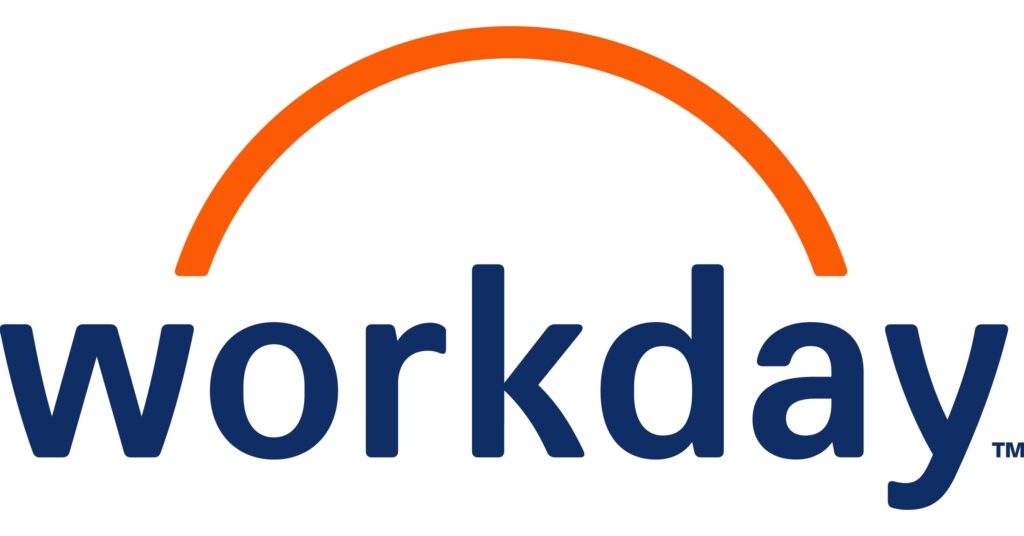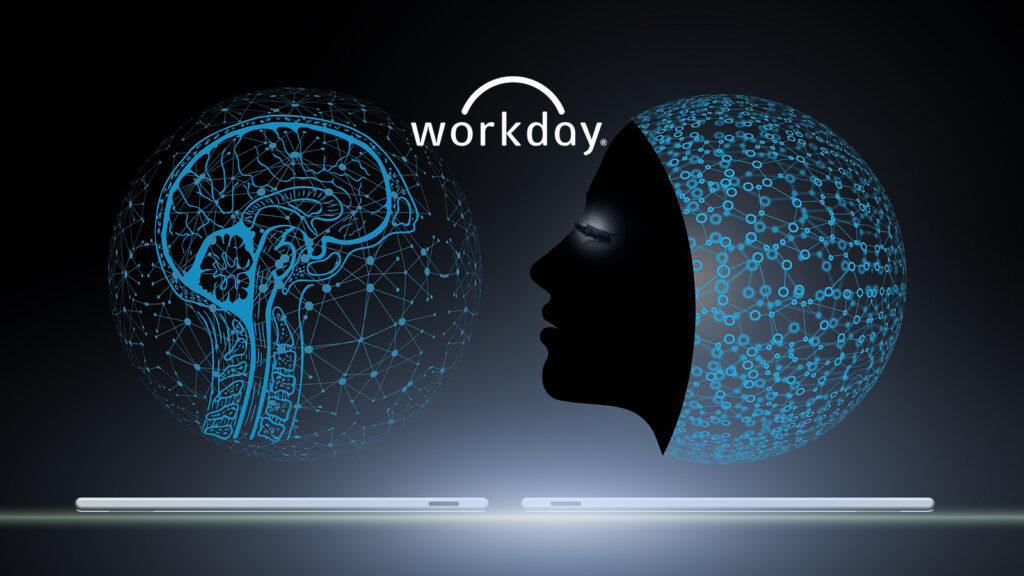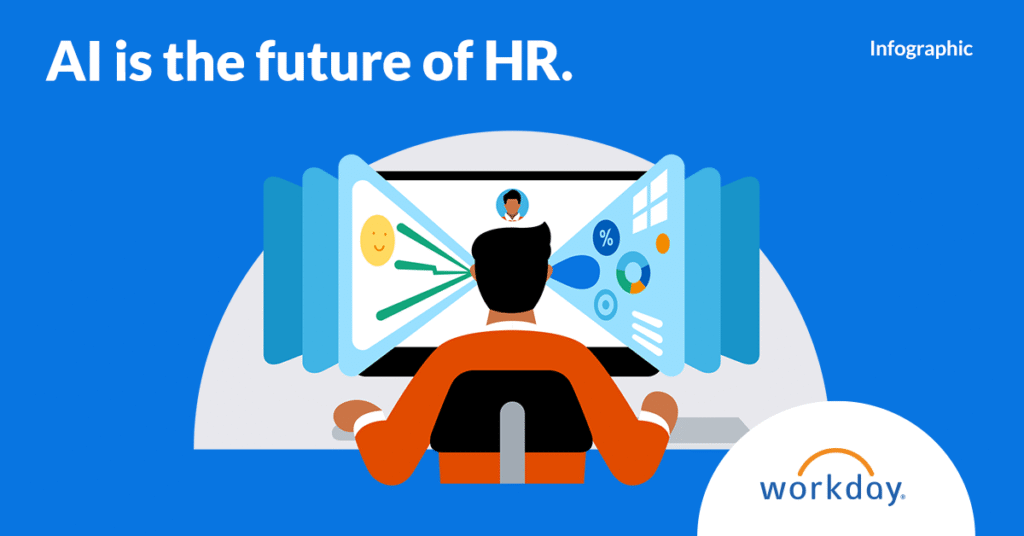
Workday AI Platform is Workday’s enterprise AI and machine learning platform across its application suite, from HR to finance, planning, and analytics. It’s designed to power smarter decisions, automation, and more personalized experiences with AI.
Workday has integrated AI and ML into the architecture by default, essentially making AI a component of what is being delivered to the user without additional tools or data integration steps.
Key Features of the Workday AI Platform
- Embedded AI and ML
AI and ML-based solutions are natively embedded in Workday applications.
No extra AI hardware needed — it comes as part of the platform.
Models are optimized and tuned automatically as well whenever the system changes.
- Skills Cloud
Uses machine learning to categorize and train the skills of employees.
Intelligently infers skills from performance, work history, and resumes.
Enables personalized career guidance and job matching.
- Intelligent Automation

Simplifies HR and finance redundant tasks and processes.
Some examples of these are expense report processing, invoice reconciliations, or onboarding.
Decreases error rates and human effort.
- Predictive Insights
Provides AI-based predictions for various business outcomes.
Such as risk of employee turnover, forecasting, headcount planning.
Assists leaders in reacting in advance with facts.
- Natural Language Processing (NLP)
Offers natural language browsing and chat conversation.
They can inquire such as “Show me high performers” or “Forecast Q3 revenue.”
It encourages business data usability and availability.
- Responsible AI Framework
Believes in fairness, transparency, and data privacy.
All the models adhere to ethical AI guidelines to avoid bias.
The information is owned by the customers.
- Customized AI Capabilities
Workday Extend enables developers to create customized applications on the basis of AI.
Use machine learning models or Workday AI APIs.
Supports innovation in line with industry requirements.
- Continuous Learning and Feedback
The system gets better with experience through in-app feedback loops. For instance, users can refine skill inferences or prediction suggestions in an attempt to continuously train the model. - Integration. with. External. Data
Workday can. Workday can ingest external data (e.g., LinkedIn, third-party talent marketplaces) to power AI models.
Guarantees that decisions are made from a worldwide perspective of both the interior and exterior worlds.
- Real-Time Recommendations
AI delivers contextually appropriate answers in user flows.
i.e., recommending people for jobs, recommending spending changes, etc.
Improve productivity and decision-making. Workday AI Platform Applications Area
Workday AI Platform – Examples & Use Cases

Workday AI Platform drives HR, finance, and business planning with embedded machine learning and AI. It helps organizations automate work, reveal insights, and make more informed decisions.
Key Applications and Examples: Talent Sourcing: AI suggests best-fit candidates to job listings and past hiring success.
.Skills Matching: Automatically matches employees’ skills and recommends careers based on Skills Cloud.
.Attrition Prediction: Finds likely to leave employees, enabling HR to act pre-emptively.
.Expense Automation: Machine learning classifies expenses automatically and detects anomalies to reduce errors.
.Invoice Matching: Automatically matches purchase orders with supplier invoices.
. Financial Forecasting: Estimates future revenues and expenses on the basis of past trends.
.Workforce Planning: Supplies best-fit staffing by demand, budget, capacity.
.AI Chat: Natural language search and virtual assistants improve the user experience.
.Industry-Specific Solutions: Workday Extend enables developers to create industry-specific applications. Such capabilities speed business processes, render them intelligent and economically viable, yet ethical in AI processes.
